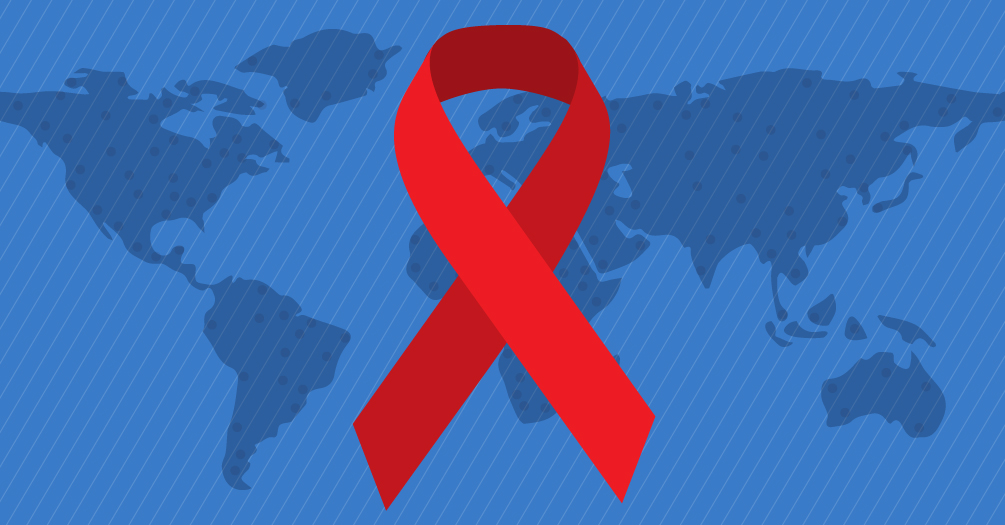
Exploring another pandemic: HIV/AIDS
We take a look at the HIV/AIDS pandemic, its history, associated issues like stigma and access to treatment, and what the lives of people with HIV/AIDS look like now.

We take a look at the HIV/AIDS pandemic, its history, associated issues like stigma and access to treatment, and what the lives of people with HIV/AIDS look like now.

Effective change takes effective changemakers. Today, we talk to a few changemakers who are dedicated to improving diversity in public health and healthcare leadership. Research has long shown that the most effective way to improve health for any community is to have public health leaders from that community involved in the day-to-day decision making around the care of that population. Pipeline programs, like the University of Michigan’s Summer Enrichment Program, create avenues for students from underrepresented communities to be exposed to careers in public health, healthcare management, and policy-making. Increasing diversity in public health is both a macro mission, taken on by universities and programs around the country, as well as an individual one, best exemplified by committed mentors who do what they can to support their students.

In this episode of Population Healthy Season 3: Race, Inequity, and Closing the Health Gap, we talk with experts about how inequities occur in health care settings and how who you are can impact your quality of care. Research has found that people of color may not only have less access to health care, but that the quality of care they do receive may also be lesser, and they may even face discrimination from providers. All of these factors can lead to dangerous outcomes such as a reluctance to seek care, delayed treatment, or even misdiagnoses.